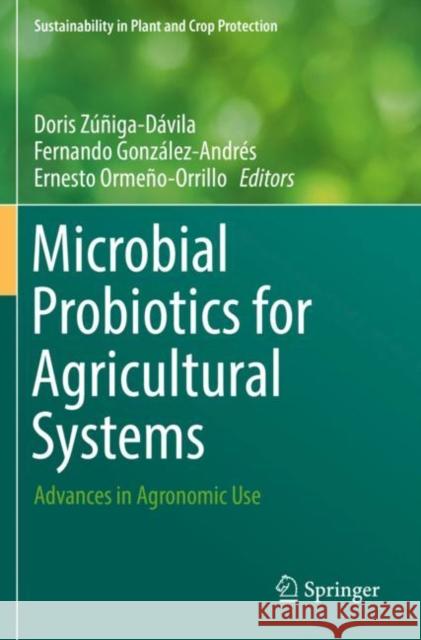Microbial Probiotics for Agricultural Systems: Advances in Agronomic Use » książka
topmenu
Microbial Probiotics for Agricultural Systems: Advances in Agronomic Use
ISBN-13: 9783030175993 / Angielski / Miękka / 2020 / 256 str.
Microbial Probiotics for Agricultural Systems: Advances in Agronomic Use
ISBN-13: 9783030175993 / Angielski / Miękka / 2020 / 256 str.
cena 603,81
(netto: 575,06 VAT: 5%)
Najniższa cena z 30 dni: 578,30
(netto: 575,06 VAT: 5%)
Najniższa cena z 30 dni: 578,30
Termin realizacji zamówienia:
ok. 16-18 dni roboczych.
ok. 16-18 dni roboczych.
Darmowa dostawa!
Kategorie:
Kategorie BISAC:
Wydawca:
Springer
Seria wydawnicza:
Język:
Angielski
ISBN-13:
9783030175993
Rok wydania:
2020
Wydanie:
2019
Numer serii:
000778756
Ilość stron:
256
Oprawa:
Miękka
Wolumenów:
01











